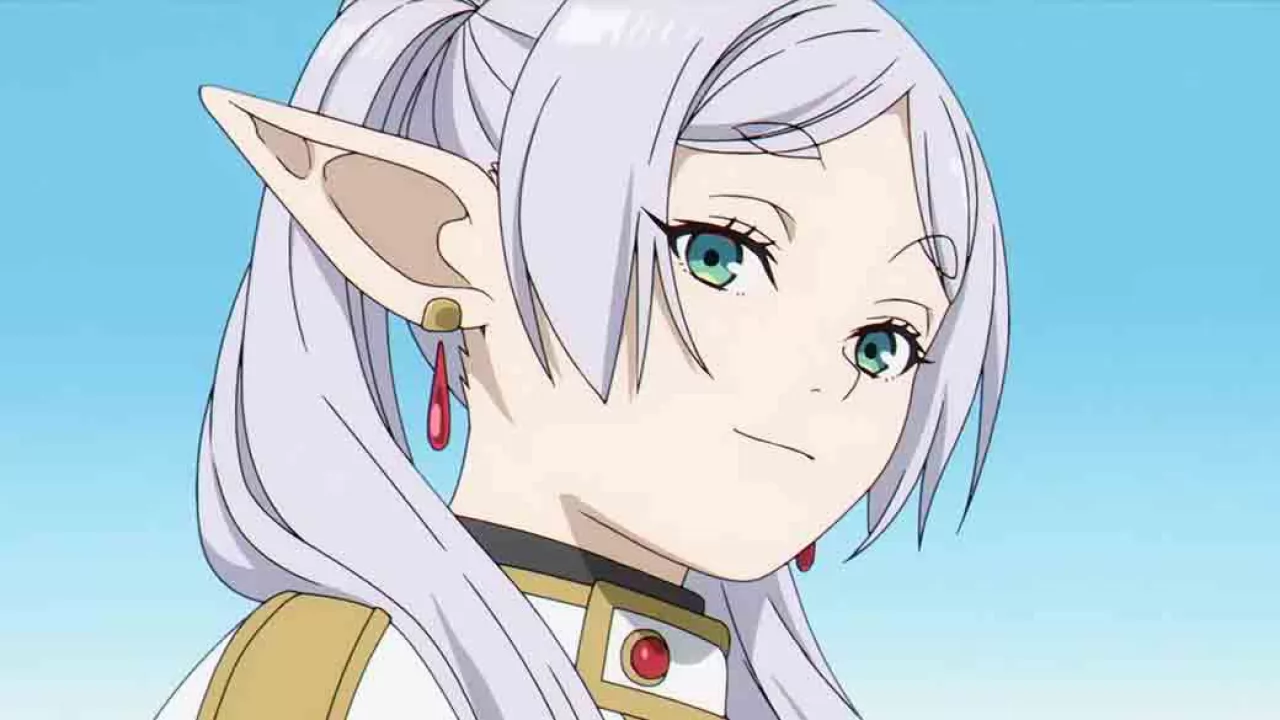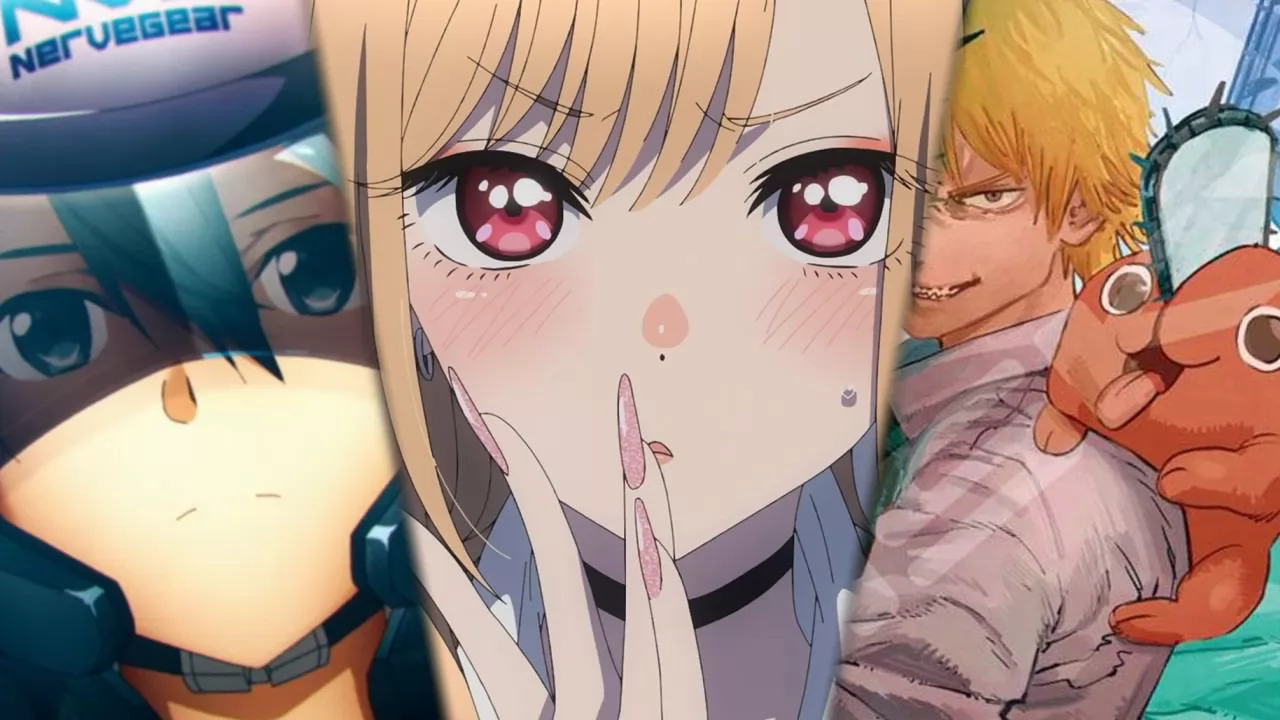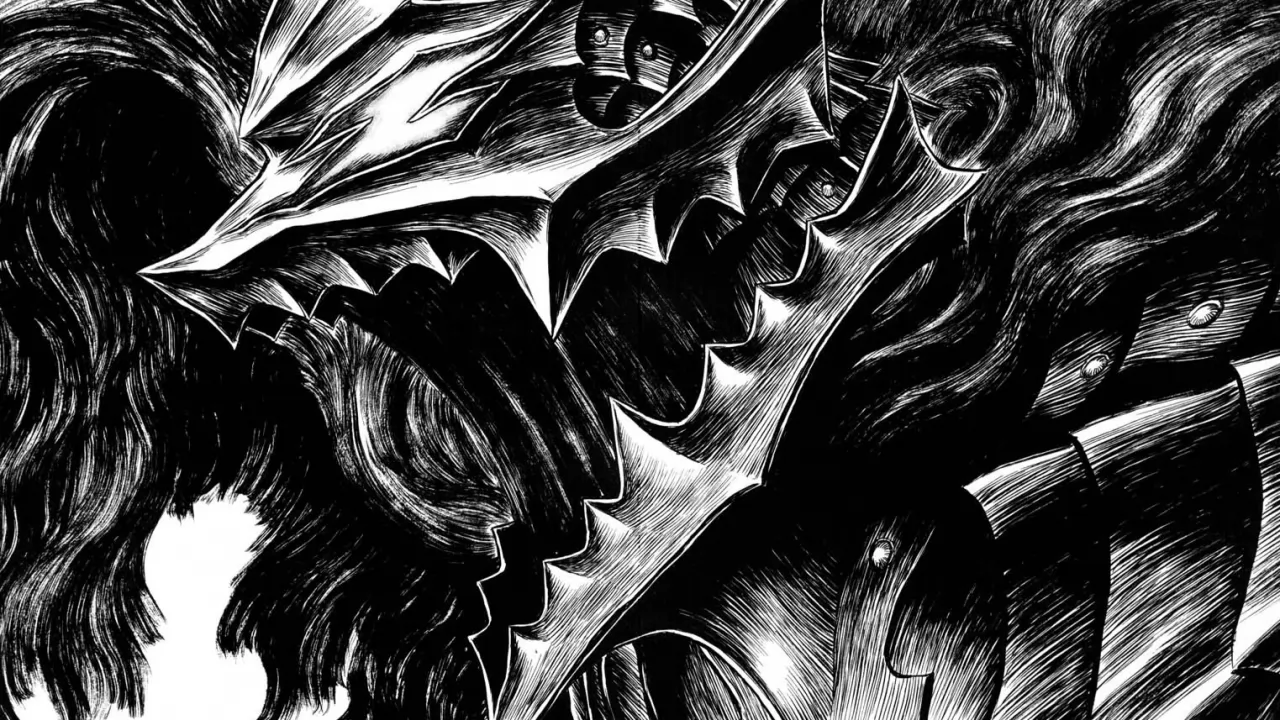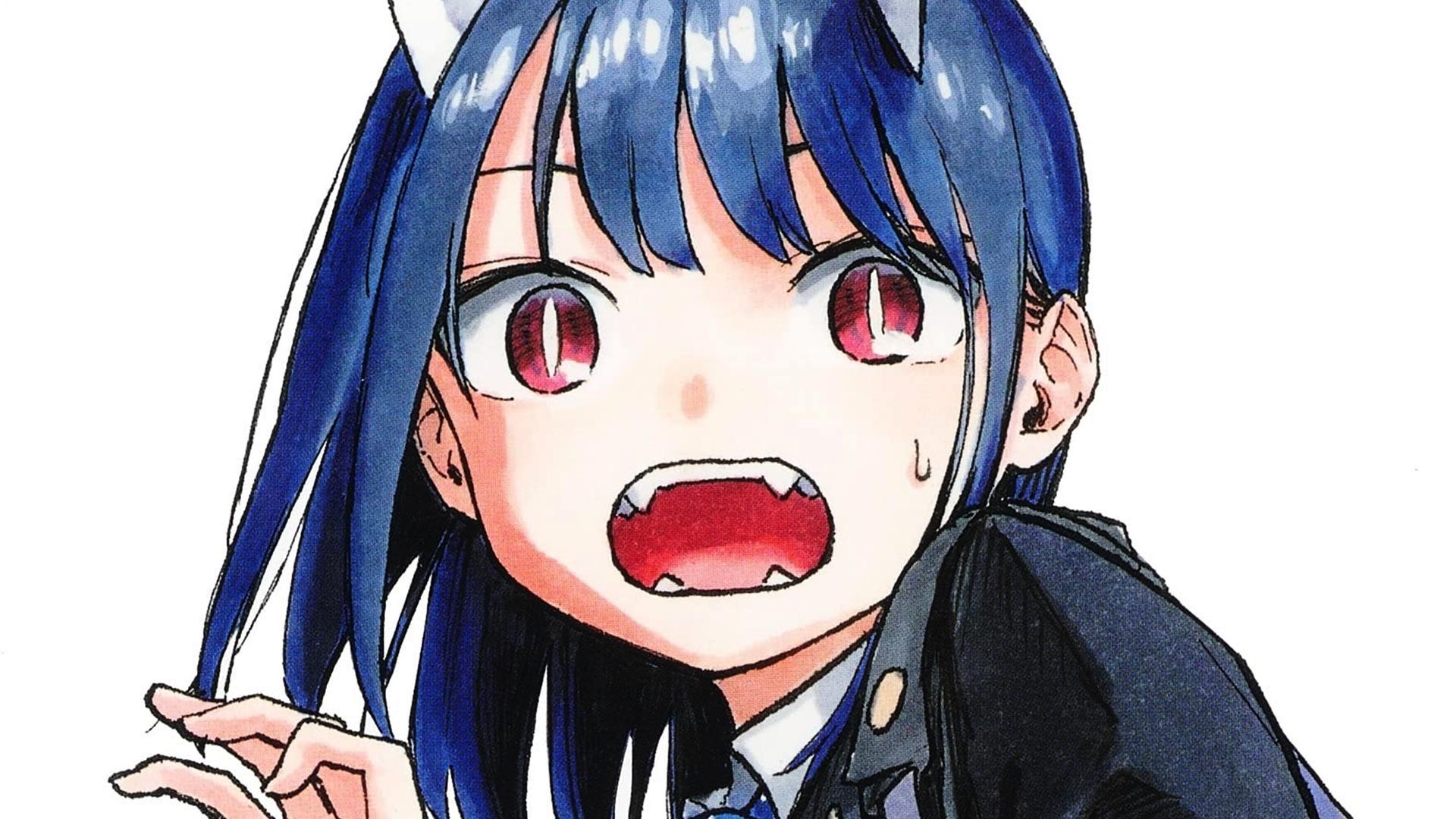In the intricate hierarchy of the manga industry, where the exploitation rights are held by publishers, manga artists like George Morikawa, creator of Hajime no Ippo, often find themselves in a battle to assert their significance. Recently, Morikawa's acerbic tweets highlighted the lack of bargaining power manga artists have when their works are adapted, emphasizing the difficulty of overcoming the continuous cycle of interference and domination by some Japanese publishers.
Addressing future manga artists, Morikawa underscores the need to believe in the artist's centrality, declaring his view as "absolute because the original author is inherently absolute." This statement, followed by a series of tweets, asserts that creators should have complete freedom over their works, including the development of future story arcs and the narrative strategies of adaptations beyond the author's control or consent.
Morikawa's critique extends to the world of adaptations, which often causes distress for original creators, who find themselves at odds with publishers and those involved in translating their work into other media. Publishers, as seen in the case of two well-known leakers arrested in Japan, hold the commercial exploitation rights and can autonomously decide on agreements with screenwriters or producers for adaptations, even without the original author's consent.
Morikawa sheds light on the need for a greater dialogue between publishers and creators, emphasizing the importance of creative control. He believes that "past changes, interventions, or adaptations can erode the work's present and influence its future. Hence, openly expressing our opinions is crucial. We should strive not for dominance but for a climate of mutual respect, gratitude, and bravery."
Morikawa continues, "It is unacceptable for the work's future to be marred by external interference. The only ones who can protect this future are the original authors themselves." This issue, especially in light of the recent passing of mangaka Hinako Ashihara, suspected of suicide due to pressures from criticizing a live-action adaptation, becomes even more symbolically significant. It illustrates the perceived endemic problem of the creator's marginalization within the industry.
Share this insight with friends who appreciate the intricacies of manga creation and the importance of protecting the rights and visions of original creators.





